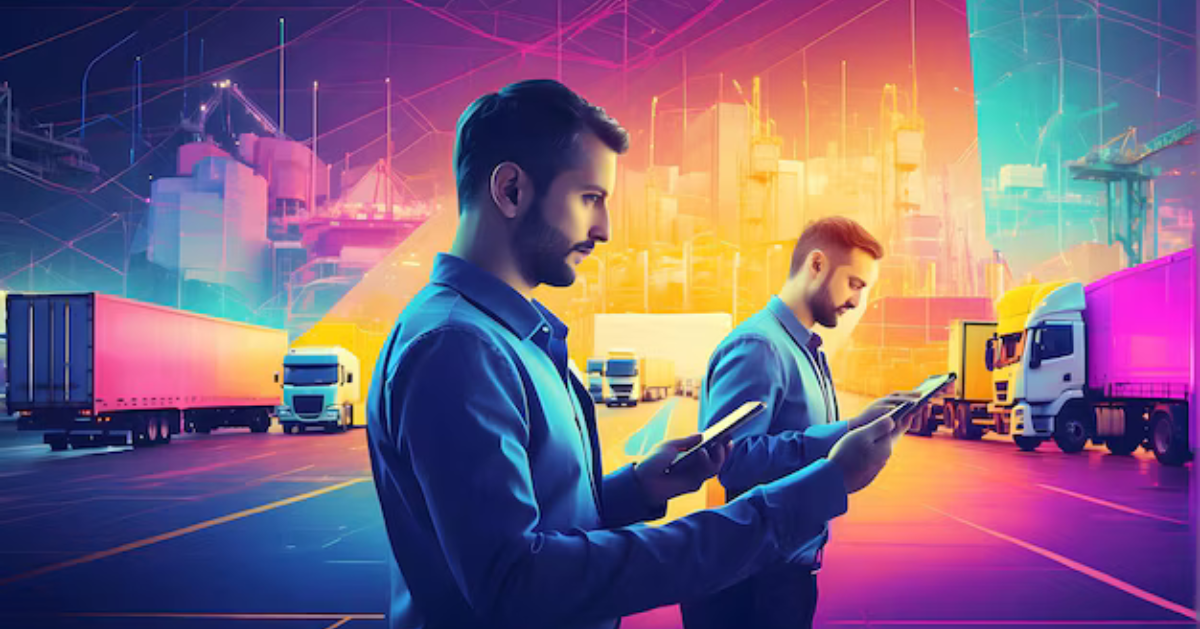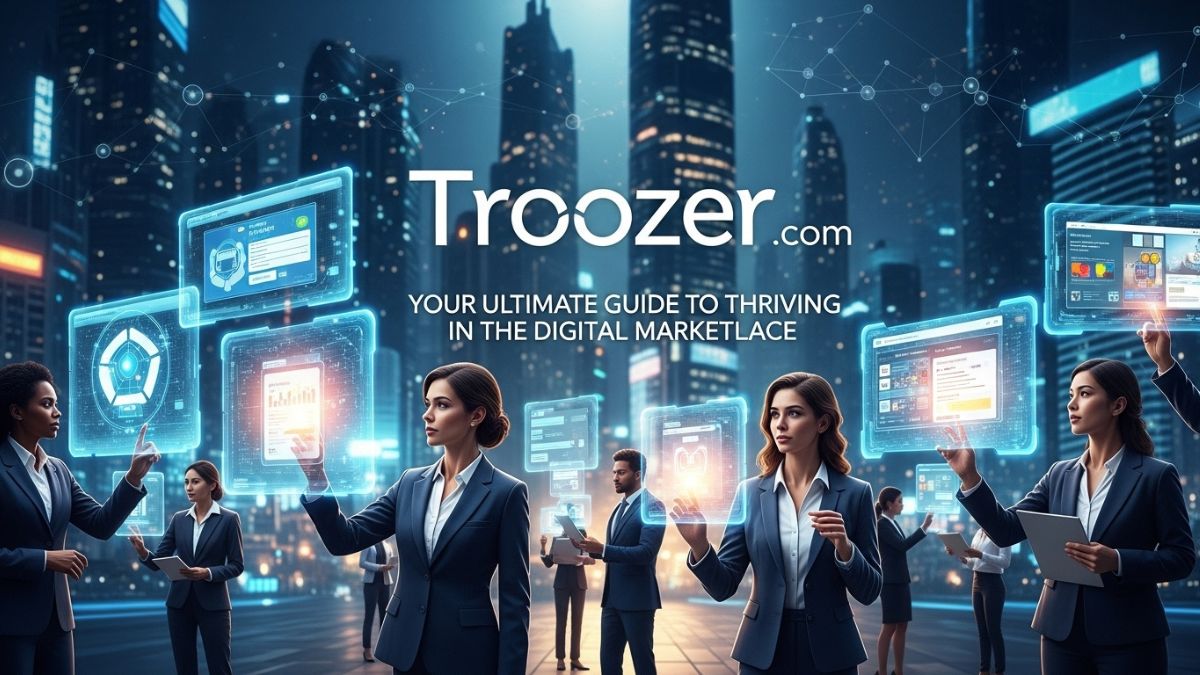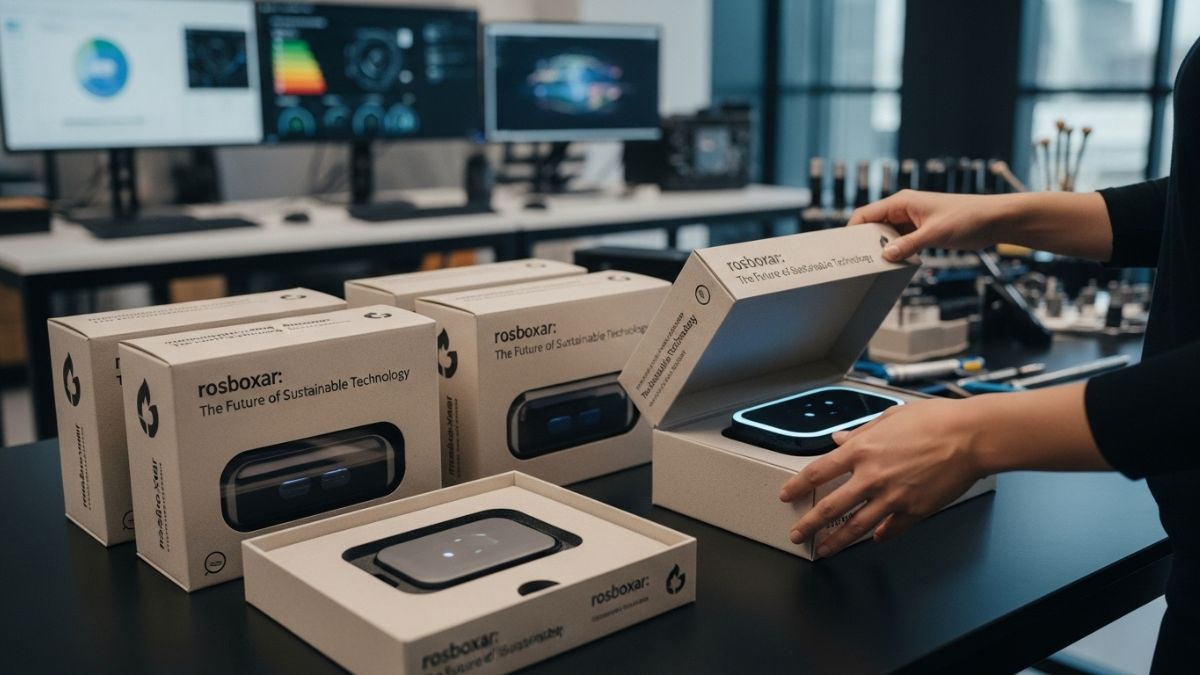Tracking and logistics are the backbones of modern supply chains, ensuring goods are delivered on time, monitored, and accounted for at every stage. Enter tccs in tracking (Transport Communication Centers), a critical innovation reshaping how industries track and manage their operations. From fleet management to real-time updates, TCCs are essential for businesses aiming to optimize efficiency and maintain transparency.
In this article, we’ll dive deep into what TCCs are, their benefits, and how they revolutionize tracking systems.
What Are TCCs in Tracking?
TCCs, or Transport Communication Centers, are centralized systems designed to monitor, manage, and communicate with transport fleets. These centers integrate advanced technologies, including GPS, IoT, and cloud-based platforms, to provide seamless tracking solutions.
The Role of TCCs in Logistics
TCCs serve as the nerve center for logistics operations. They handle data collection, analysis, and distribution, ensuring every vehicle in the fleet is accounted for. By providing live updates, TCCs allow companies to address delays, reroute vehicles, and optimize operations in real-time.
Key Components of TCCs
GPS Tracking Systems
GPS technology is the cornerstone of TCCs. It enables real-time location tracking of vehicles, ensuring accurate monitoring of routes and schedules.
Communication Interfaces
TCCs are equipped with robust communication tools to relay information between drivers, dispatchers, and clients.
Data Analytics Platforms
Advanced data analytics within TCCs help businesses forecast delivery times, monitor fuel consumption, and identify inefficiencies.
Benefits of TCCs in Tracking
TCCs are not just about knowing where your vehicle is. They provide a plethora of advantages:
Enhanced Real-Time Visibility
Real-time tracking ensures businesses can monitor their fleet’s location, helping to address delays or disruptions proactively.
Improved Efficiency and Cost Savings
With TCCs, routes can be optimized, fuel consumption minimized, and unnecessary downtime avoided, significantly reducing costs.
Boosted Customer Satisfaction
Accurate tracking data helps businesses provide precise delivery updates to customers, enhancing trust and satisfaction.
Streamlined Communication
Seamless communication between drivers and managers ensures quick problem resolution and efficient operations.
Applications of TCCs in Various Industries
The versatility of TCCs extends beyond logistics companies. They’re invaluable in sectors such as:
Retail and E-Commerce
For retailers, timely deliveries are crucial. TCCs ensure packages arrive on time, with real-time updates for customers.
Healthcare
In medical logistics, tracking ensures that sensitive items like vaccines are delivered in optimal conditions.
Food and Beverage
TCCs help maintain quality by monitoring temperature-controlled deliveries and minimizing delays.
Energy and Utilities
For industries transporting hazardous materials, TCCs provide an additional layer of safety and compliance tracking.
Challenges Facing TCC Implementation
While TCCs offer numerous benefits, implementing them comes with challenges:
High Initial Costs
Establishing a TCC system requires investment in technology, infrastructure, and training.
Data Security Concerns
With so much data being collected, companies must ensure robust cybersecurity measures to prevent breaches.
Integration Complexities
Integrating TCCs with existing systems can be a complex and time-consuming process.
How TCCs Use IoT for Better Tracking
The Internet of Things (IoT) plays a crucial role in modern TCCs. Sensors installed in vehicles collect data on speed, temperature, fuel levels, and more, transmitting it to the TCC in real-time. This allows for more comprehensive tracking and decision-making.
TCCs and AI: A Perfect Pairing
Artificial Intelligence (AI) further enhances TCCs by analyzing data patterns, predicting delays, and suggesting route optimizations. AI-powered TCCs can even learn from past events to improve future logistics.
Environmental Impact of TCCs
TCCs also contribute to sustainability. By optimizing routes and reducing fuel consumption, they lower carbon emissions and help companies meet environmental goals.
The Future of TCCs in Tracking
As technology evolves, TCCs are becoming smarter and more efficient. Features like drone integration, autonomous vehicle tracking, and predictive analytics are paving the way for next-generation logistics management.
Conclusion
TCCs have revolutionized tracking by offering real-time insights, improving efficiency, and enhancing customer satisfaction. Despite challenges, their integration into logistics systems is a game-changer for industries worldwide. With continuous advancements, TCCs are set to redefine the future of tracking and logistics.
FAQs
What is a TCC in tracking?
A TCC, or Transport Communication Center, is a centralized hub that monitors and manages vehicle fleets using technologies like GPS, IoT, and data analytics.
How do TCCs benefit logistics companies?
TCCs improve real-time visibility, optimize routes, reduce costs, and enhance customer satisfaction through accurate delivery tracking.
Can small businesses use TCCs?
Yes, TCC solutions are scalable, making them suitable for businesses of all sizes, including small and medium enterprises.
What challenges do companies face when implementing TCCs?
Key challenges include high initial costs, data security concerns, and complexities in system integration.
How do TCCs contribute to sustainability?
By optimizing routes and minimizing fuel consumption, TCCs reduce carbon emissions, promoting eco-friendly practices.















